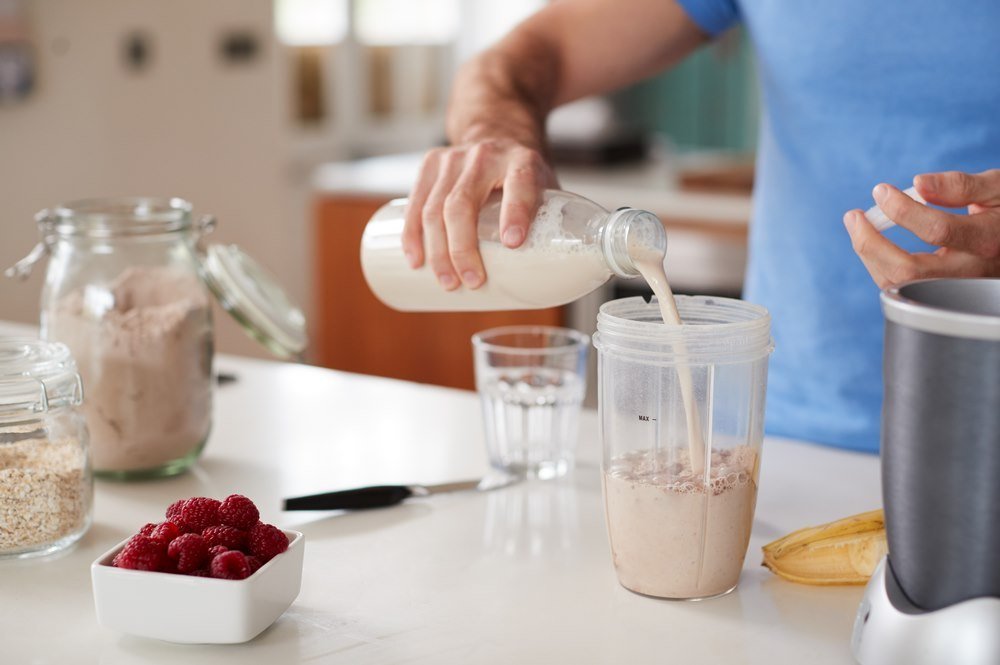Treatment of dehydration

The simplest strategy to treat dehydration is to rehydrate the patient. This is known as fluid replacement. The specific strategy of fluid replacement and its quantity, varies per age of the patient and severity of the symptoms. [7]
Treatment of mild to moderate dehydration
Mild to moderate symptoms of dehydration in children or adults can be easily managed at home. Increasing the intake of water and fluids can reverse these effects within 24 hours. Oral intake is effective in mild to moderate cases of dehydration and is the treatment of choice because it is relatively safer than IV. It eliminates risk for infection transmission through infected needles.
- In babies: a syringe or teaspoon can be used to administer oral rehydration solution after every stool in mild cases and every 1-5 minutes in moderate dehydration. The amount of ORS required is measured according to the weight of the child. Regular monitoring should be done to check for tolerance. Breast feeding can be continued, however, if the baby has persistent vomiting, milk and protein diet should be discontinued.
- In toddlers and older children: sports drink containing fluid and electrolytes can be administered in dilution. Drinking in small sips can help check tolerance and keep a persistent intake.
- In adults: water, oral rehydration solutions, and sports drinks can be administered keeping in check vitals and tolerance for oral route intake.
Precaution:
- In case of dehydration in the setting of diarrhea, protein shakes and pure fruit juices should be avoided as they can accentuate diarrhea.
- Caffeine in tea and coffee, and alcohol should also be avoided as they do not help in rehydration.
- Consult your child’s doctor before giving or preparing any solutions, as it requires a different proportion of electrolytes.
